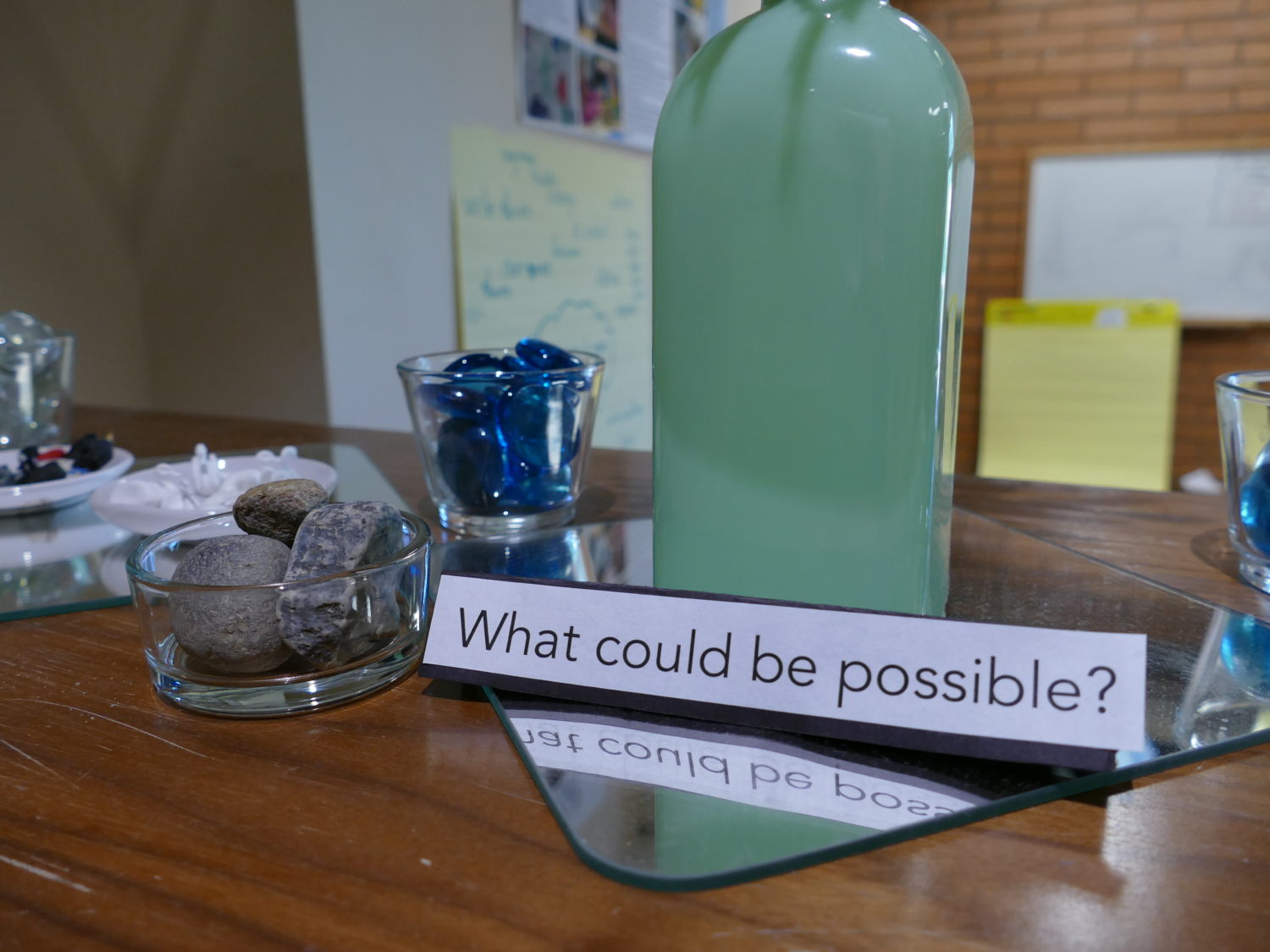Finding our focus

We are eager to discover capabilities in ourselves and in children that we have not yet imagined.
We accept the challenge to shape a new world.
Ann Pelo and Margie Carter, Reimagining Our Work: What Story Do you Want to be Known For?
Opal School’s six classrooms are organized into three learning communities. Each year, the teachers belonging to these communities write letters of intention (you can read last year’s here and the previous year’s here.) These intentions emerge from consideration of Opal School’s values and goals and expectations for students; of national and state curricular standards that suggest what these children have a right to engage with; of our sense of what the current moment offers these particular children. They form a North Star for these communities throughout the year: they focus our attention; activate our eyes and ears as the children play with new ideas; suggest next steps; guide Playful Inquiry. In their letter, the Beginning Team writes,
When imagining possibilities for our curriculum, we look for a concept that offers multiple entry points and has the power to connect our entire learning community. We seek to frame these ideas in ways that are simple yet profound, include an element of surprise, and are open-ended, engaging, and challenging.
Last week, communities shared drafts of the letters with each other. As we read the letters, we responded with a version of the 5 Whys protocol to deepen our thinking. Why do you say…? Why do you think that’s important for these children?
As I listened to teams respond to those questions, I heard:
- because nature lends itself to trying new things, encountering natural problems, play
- because change-making is driven by empathy and agency
- because this builds on the unique qualities of this age group
- because this builds from – and will strengthen – our image of the child
- because we value perspective-taking
- because we think this is a friendly way into a big concept
- because this will lead children in a way that is low risk and high challenge
- because over time, we’ve observed that care and empathy develops in natural spaces
- because we think it’s going to bother them – that it won’t sit well – and that’s a good place to learn from
- because discomfort comes with grappling with big questions
- because it allows them to stretch it out
- because we value an understanding of ourselves and our place
Tomorrow night, parents will read and discuss these letters at our Back-To-School Night. We seek to involve parents in the letters: What resources are they aware of that might guide these investigations? Bringing them – and you – into this practice broadens the possibilities.
2018-2019 Letters of Intention:
- Beginning Community (3-5 year olds)
- Primary Community (grades k-2)
- Intermediate Community (grades 3-5)
We wonder, Readers:
What stands out to you about these letters?
How do they inspire new intentions for your practice?
